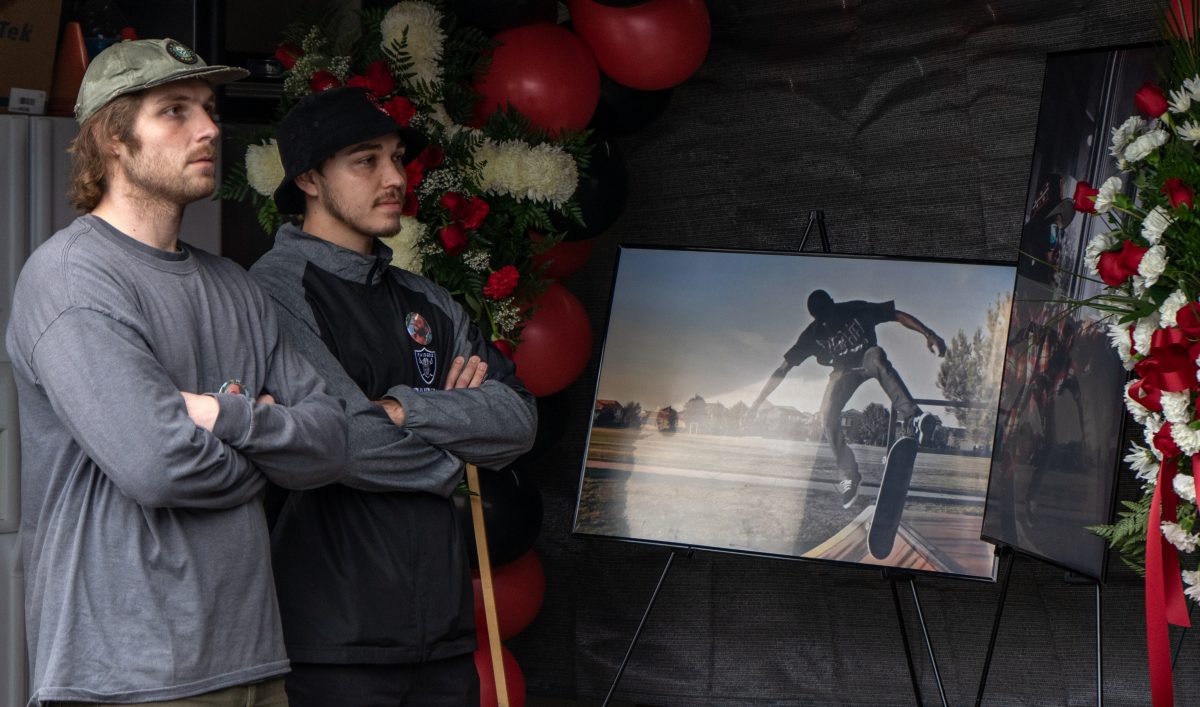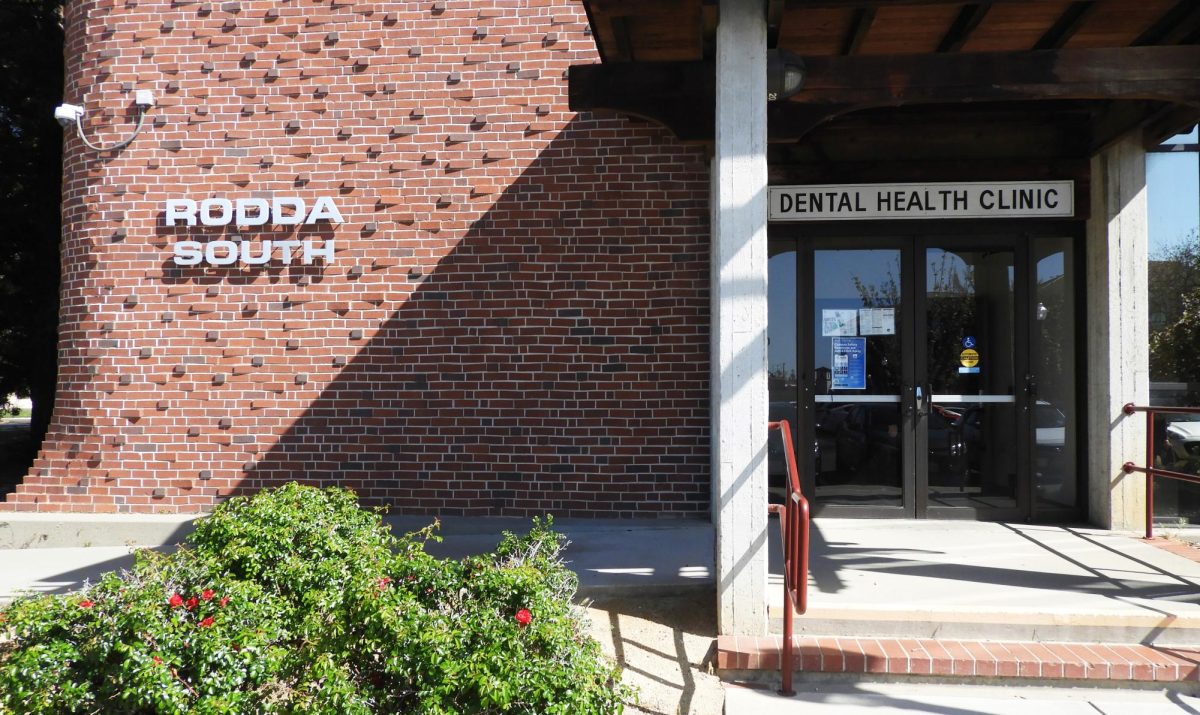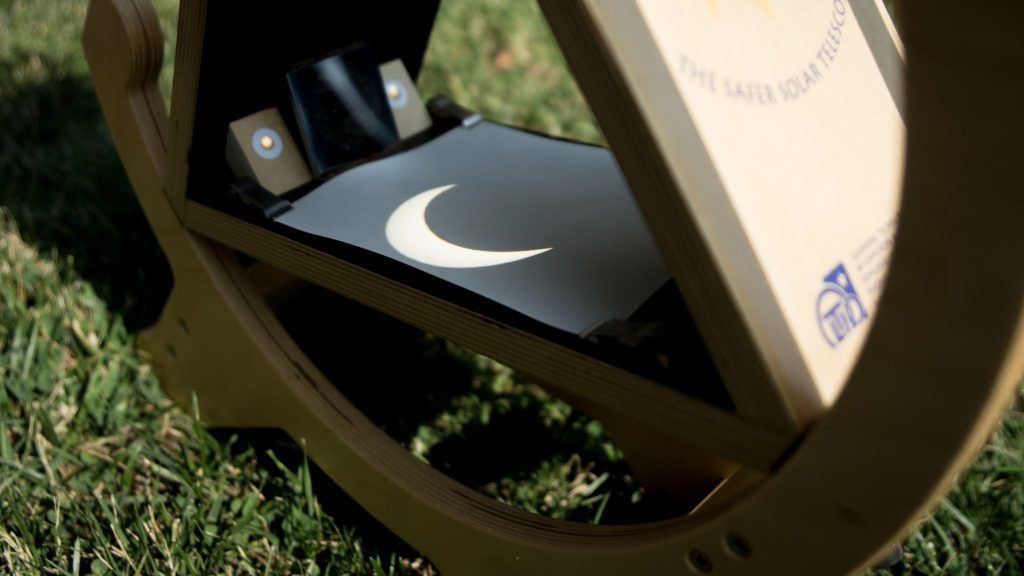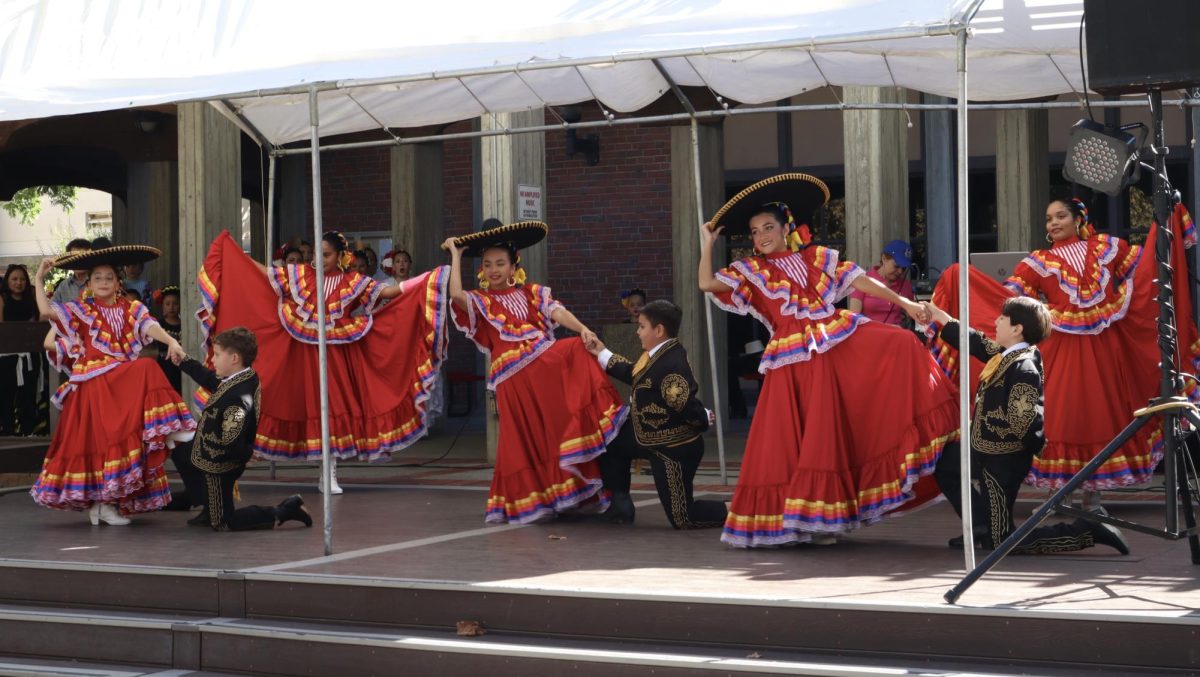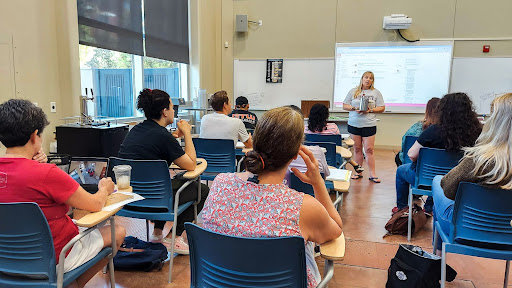Ellyssa Rodriguez
Managing Editor
erodriguez.express@gmail.com
Warm hues of morning sun shine bright as they kiss the earth. Then the light begins to fade until the sky grows dark. For a moment, morning turns to night.
This was the scene 500 miles north of City College in Oregon on Monday — the first coast-to-coast total solar eclipse in nearly 100 years. Some students decided to travel out of state to view the phenomenon.
Those who stayed in Sacramento were treated to a less spectacular show — a partial eclipse of 80 percent — but the campus still buzzed with excitement.
There were hundreds of people in the Quad from 9–11 a.m., including political science major Shaniya Kumar, who went outside with her film class.
“It was our first assignment, to get a video of the eclipse,” Kumar said. “We were outside, just by the fountain.”
Criminal justice major Bee Vang was outside during the event, and noted the bizarre quality of light.
“It was kind of darkish, smoky,” Vang said. “Like a low dim, when you’re about to go on stage.”
The sky steadily returned to its normal state as the eclipse made its way toward the Atlantic Ocean, leaving the country total-solar-eclipse-free until the next in 2024.

